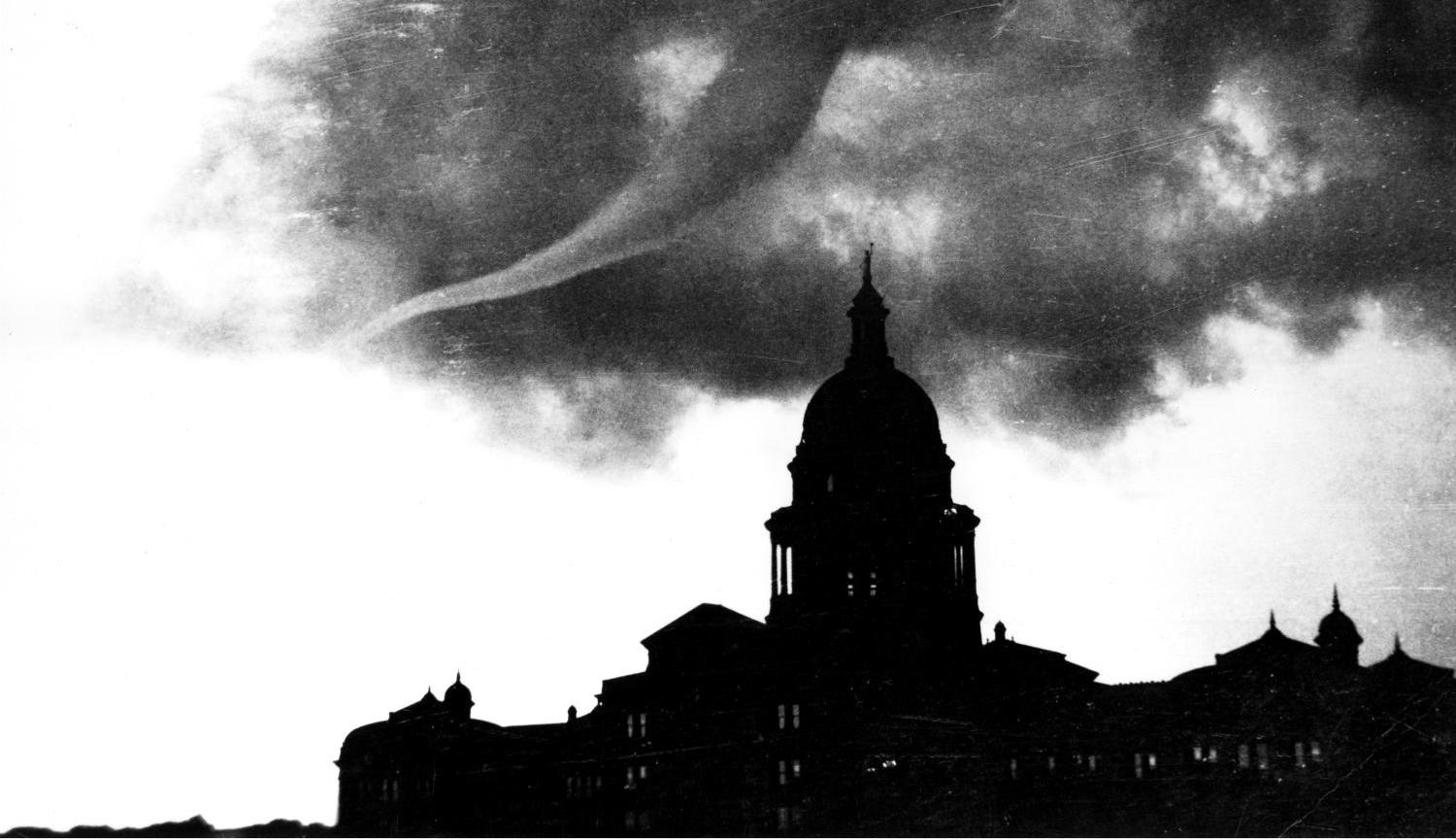ustxtxb_obs_1982_04_09_50_00020-00000_000.pdf
Page 11
DIALOGUE 0. No FERCing? I have just finished reading your January 29 article “Unnatural Acts With Natural Gas”, and am once again amazed by the insipid, shallow and utterly irresponsible reporting job done by your Washington correspondent Bob Sherrill. In “researching” his story, Sherrill never contacted us, and I doubt any energy organization in Washington. His one-sided diatribe is filled with errors and blatant inaccuracies. To use your own phrase, the public is indeed being FERCed, but is is not by the energy producers, rather by a government policy that has resulted in gas prices being kept artificially low for years. Today natural gas wells are literally being plugged because there is no economic incentive to keep them operating. Nobody is in business to lose money, and that is quite literally what is happening to many gas producers today. The consumers of middle America have already experienced firsthand the horrors of this policy. In the middle 1970’s spot shortages of gas existed not because there was a natural gas shortage, but because the price for gas sold outside the producing state was so low as not to be profitable to sell. Facts and figures for this are spelled out in the attached series of papers which I hope you will take the time to read. Those arguments accurately spell out the need for the gradual phased decontrol of gas prices. Two other points. You say the industry will support and is in fact urging a “windfall” type tax on decontrolled gas. This could not be further from the truth. IPAA and the Natural Gas Supply Association and many others are firmly on record as opposing such a tax. And finally, you seem to make a big point out of how much natural gas decontrol will cost the American consumer. I think the figures you quote are pure guesses, and unintelligent ones at that. I don’t think anyone can assess the exact price of decontrol to the consumer, but I would like to point out that when President Reagan lifted all controls on crude oil last January there was hue and cry from people like yourself who thought all of a sudden the public would be fleeced. Now a year after crude oil decontrol, the American consumer is actually paying less for gasoline at the he was a year ago. One of the consumer group’s own leaders, Ralph Nader, suggested on a “Phil Donahue” show last year that before 1981 would end gasoline prices would top two dollars a gallon. That projection and many other similar doom and gloom prophecies have not come to pass, much as you would like to try and convince your readers. Decontrol is good for the American consumer. He will reap the benefits. Airline decontrol, for example, has resulted in far greater competition among airlines and the growth of many new carriers all to the consumer’s benefit. The same is now happening with crude oil decontrol, and will also happen when natural gas prices are decontrolled. Failure to decontrol will surely mean increased prices, shortages and economic chaos. Peter Wellish, Independent Petroleum Association of America, 1101 Sixteenth St. N.W., Washington, D.C. 20036. The author replies: Mr. Wellish has a very boring job. Every day, day in and day out, week after week, month after month, he has to write the same stuff. In fact, I know from having read them that IPAA press releases have said exactly the same thing since the late 1960s: unless natural gas prices are totally decontrolled, there will be “shortages and economic chaos.” I would be very well off indeed if I had a dollar for every time Mr. Wellish has written that phrase “shortages and economic chaos” in an effort to scare some editor out of printing negative stories about his rapacious organization. I am happy to see that the IPAA has stopped lying about one thing, however. I refer to the plugging of wells. Back in the early 1970s investigators for the Senate Antitrust Subcommittee and for the Federal Trade Commission claimed that hundreds, perhaps thousands, of natural gas wells had been capped awaiting higher prices. In short, they were being held off the market until the public paid ransom. The industry denied that they were capping wells; they claimed that there was an honest-to-gosh shortage, not a contrived shortage. But that line has been disproved so many times in recent years that they have stopped using it, and nowadays they come right out and say they are trying to drive us into shortages by capping wells. Who knows what other candor we may expect from Mr. Wellish at some future time. One can always pray for his redemption. Bob Sherrill Barton’s As an ex-patriate of Austin, I was saddened and angered by Ronnie Dugger’s article in the March 12 Observer announcing the demise of Barton Springs. Barton’s was the finest gem in Austin’s crown; its one unique feature. Almost every city has its share of sleazy real estate developers and spineless city government, but only Austin had Barton’s. Now that it is gone, I suggest that a memorial plaque be erected on its banks stating the following: “This was once a beautiful natural spring pool enjoyed by the people of Austin and visitors from all over the world. It was polluted by the following people:” and then name every developer who contributed to the pollution and every city councilman and councilwoman, city official and city employee who assisted them. These people should be permanently held up to the ridicule and contempt they so richly deserve. Thomas Black, 2525 West Gramercy, San Antonio, TX 78228. Justice? You invited comment. “Social justice” in Mexico \(or read “El Salvador”, primarily, more equal distribution of wealth. If the wealth of Latin America were divided equally among all the people, they would all \(not just the present hard-working old participle. The point is that in Mexico the population-level is already more than three times what the declining natural-resource base can sustain at a “just” economic level on a renewing basis. Probably four or five times in El Salvador. The population-level in the U.S. is now about twice what its declining resource-base can sustain on a renewing basis, and we are getting worse off all the time. By any measure the real average U.S. living standard has declined steadily since before 1965. Our continuing failure to curb illegal immigration contributes to our problems \(you 20 APRIL 9, 1982


